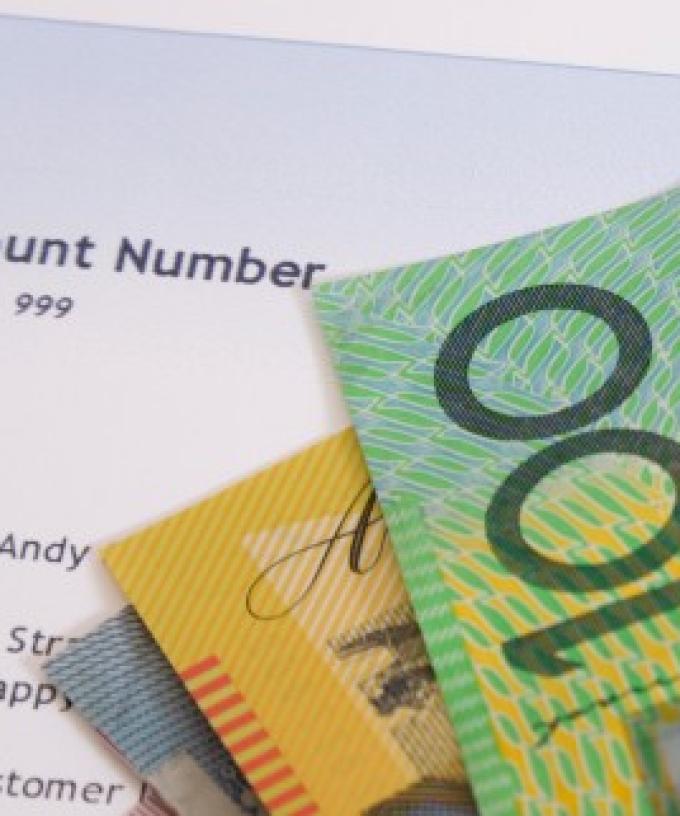Southeast Queensland households and small businesses are set to get a bigger rebate on their electricity bills than the $175 they got this year.
The Australian Energy Regulator is considering allowing electricity retailers to hike annual residential power bills by $321 to $1941 and small business bills by $669 to $4115 in the state’s southeast from next financial year.
The regulator’s draft determination would also allow retailers to hike bills by $383 to $2344 for households in the region with separate meters for appliances such as hot water storage systems.
The Queensland Competition Authority is due to hand down its final determination for electricity prices for homes and businesses outside the southeast on June 9.
Queensland Premier Annastacia Palaszczuk says southeast households and small businesses will be given rebates on their electricity bills in the upcoming state budget.
The rebates will be determined by federal support and the regulator’s final determination in May, but she’s promised that they will be bigger than the $175 offered in the current financial year.
“The strength of our economy provides Queensland with the budget capacity to support Queenslanders with the cost of living,” Ms Palaszczuk told parliament on Wednesday.
“Today I can confirm that our government will be delivering another rebate on household power bills next financial year.
“We are committed to providing more support to households to help with the impacts of global inflation.”
The premier blamed the Ukraine war and the sanctions on Russia for driving up coal and gas prices and electricity prices in Queensland.
She said the higher fossil fuel prices and closure of the Liddell Power Station in the NSW Hunter Valley were offsetting downward pressure on prices from renewable generation projects coming online.
“That’s why it’s so important that we invest in more solar and wind farms as we work towards 70 per cent renewable energy by 2032,” she said.
“Our government is only able to provide cost-of-living support to households and to deliver on the Queensland Energy and Jobs Plan because Queenslanders own our power assets.”
However it was problems with state’s fleet of coal fired power stations that left Queensland exposed to the international gas market, the Queensland Conservation Council says.
“An average of more than 2000 megawatts of coal fired power generating capacity was offline in 2022,” QCC energy strategist Clare Silcock said.
“2023 is shaping up to be even worse, with another outage at Callide C3 late last year meaning that the entire power station is currently offline, and not expected to return to full service until January 2024.”
Shifting reliance to renewable energy and storage as soon as possible will help reduce energy costs, Ms Silcock said.
© AAP 2023











